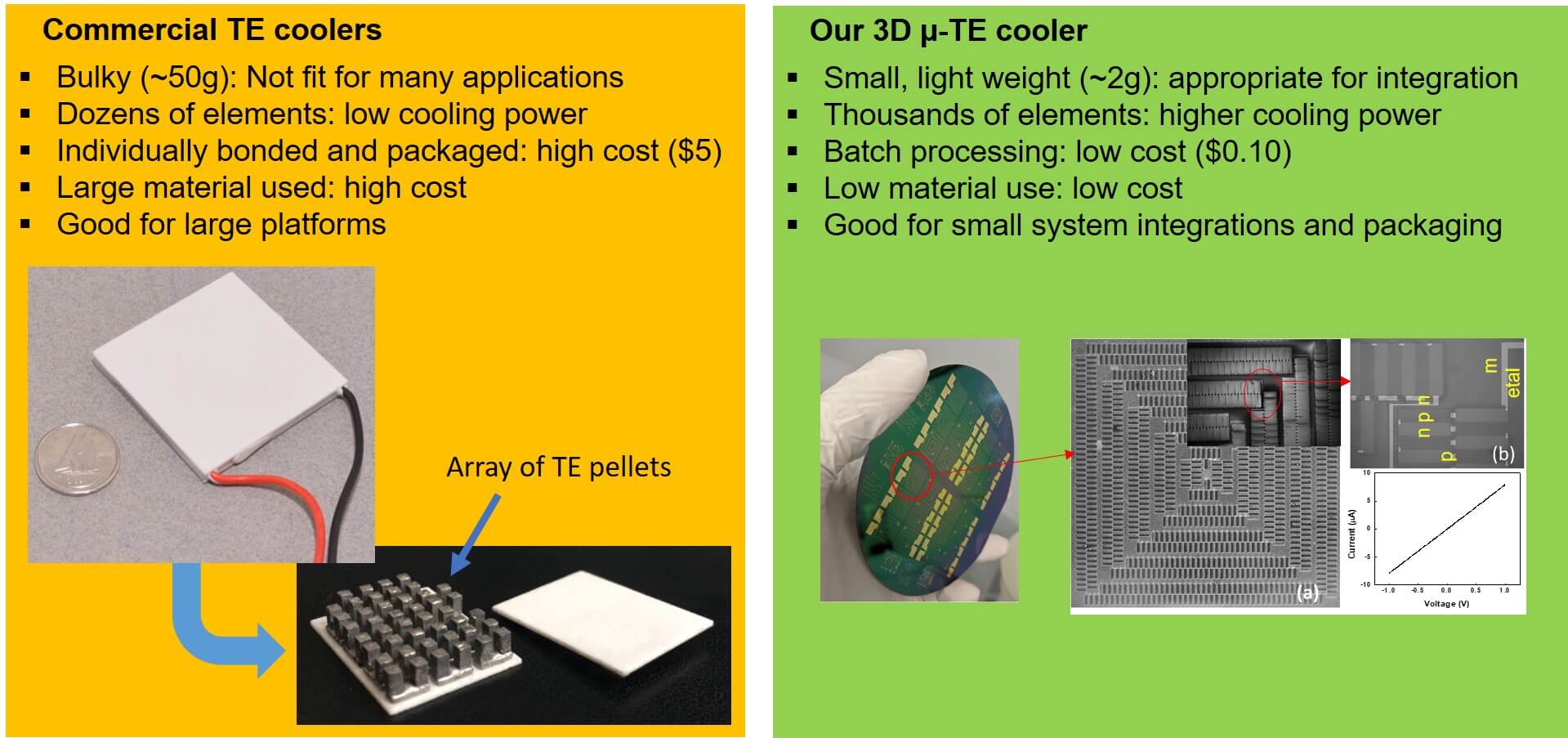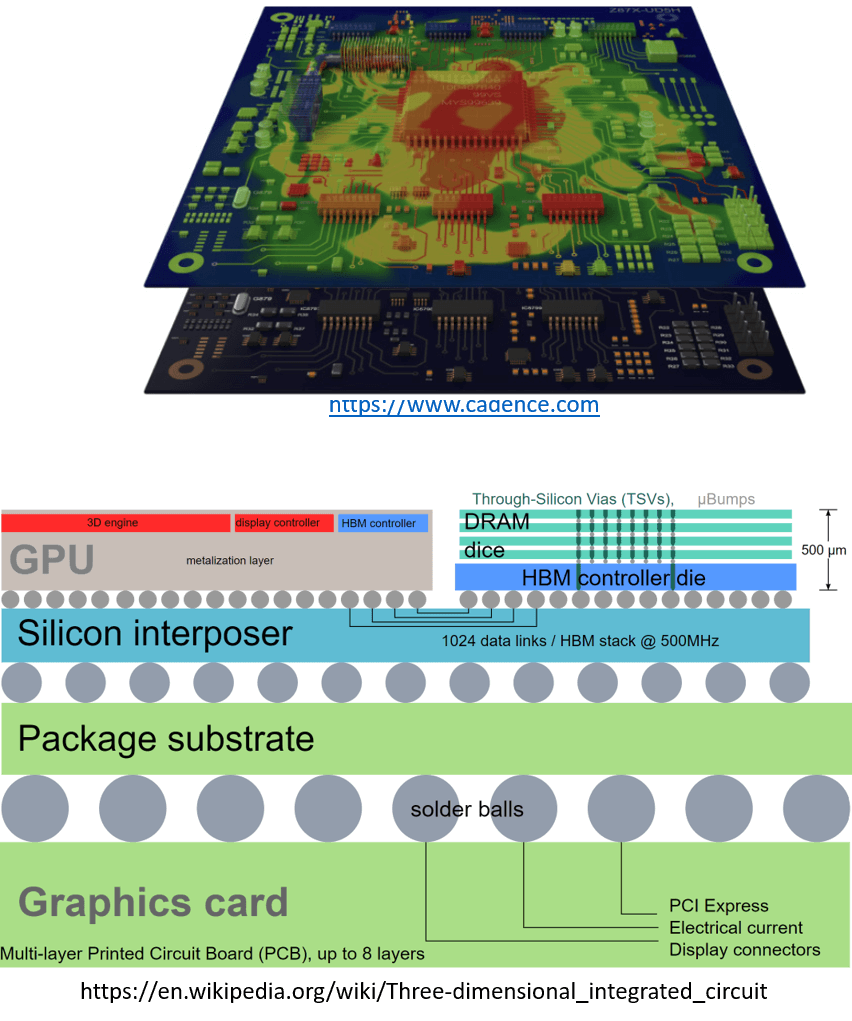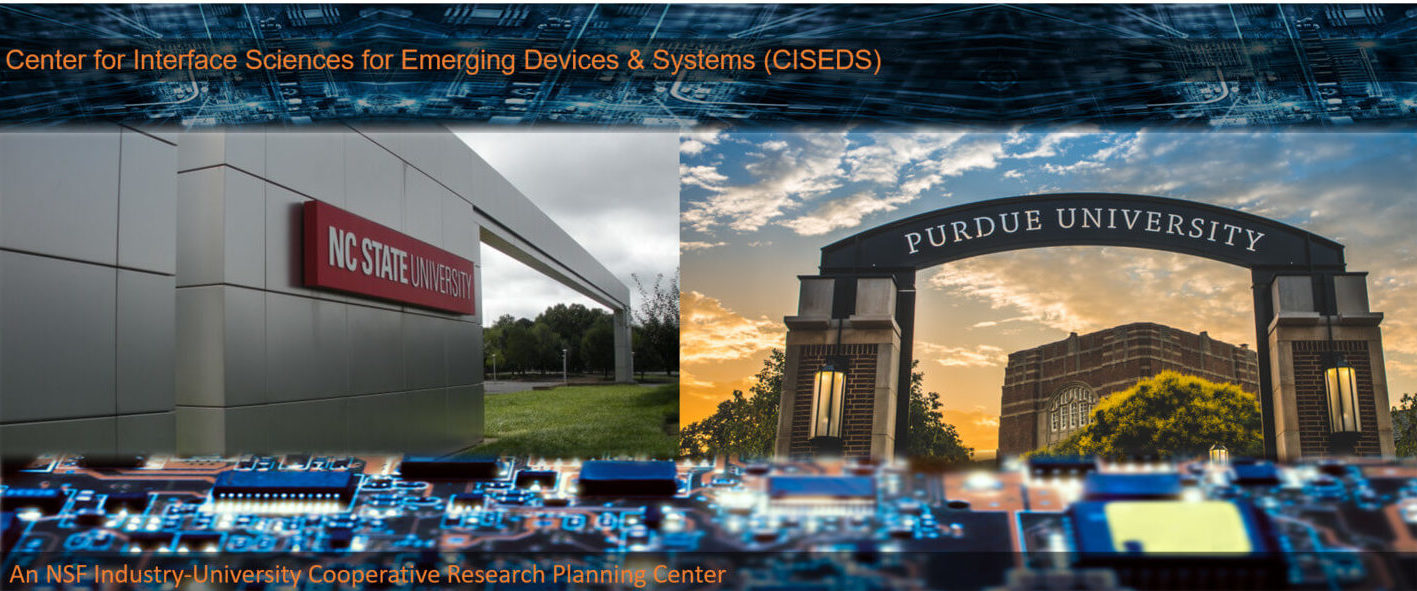CISEDS is dedicated to advancing the field of thermal interfaces and management in integrated circuits and power electronics. We will be conducting cutting-edge research in this area, developing new and improved thermal management techniques, such as advanced cooling methods, thermal modeling, and simulation tools. We will also investigate the use of new materials and technologies to improve the thermal performance of integrated circuits. CISEDS will focus on developing thermal management solutions that are efficient, effective, and cost-effective, and will work to enhance the performance, reliability, and safety of integrated circuits while reducing power consumption. We believe that our research will play a vital role in shaping the future of thermal management in the field of integrated circuits.
Thermal management is an essential aspect of power electronics and integrated circuit design and manufacturing. These devices generate heat as a result of their operation, and if the heat is not properly managed, it can cause the device to malfunction or even be destroyed.

There are several reasons why thermal management is important in integrated circuits:
Performance: Temperature has a direct impact on the performance of integrated circuits. As the temperature of the device increases, its performance decreases. Proper thermal management helps to maintain optimal temperatures for optimal performance.
Power consumption: As the temperature of the device increases, it consumes more power. Proper thermal management helps to maintain low temperatures, which in turn leads to lower power consumption and increased energy efficiency.
Safety: Integrated circuits generate heat, and if it is not properly managed, it can lead to safety hazards such as fires. Proper thermal management ensures that the device operates at safe temperatures, reducing the risk of accidents.

3D Integration and Packaging
Three-dimensional integrated circuits (3D ICs) are becoming increasingly popular in the semiconductor industry due to their ability to increase performance and reduce power consumption. However, as the complexity and functionality of 3D ICs increases, so does the challenge of managing the thermal and mechanical stresses generated during their operation.
The CISEDS research center is dedicated to addressing these challenges by conducting cutting-edge research on thermal and stress management in 3D ICs. We will investigate the use of advanced cooling methods and materials, as well as the development of thermal models and simulation tools to optimize thermal management in 3D ICs. Additionally, we will perform research on the mechanical integrity of 3D ICs and investigate ways to mitigate mechanical stress.
Our goal is to develop thermal and stress management solutions that enable the full potential of 3D ICs while ensuring their reliability, performance, and safety. The research that we perform at CISEDS will play a critical role in advancing the field of 3D ICs, and will help to overcome the challenges that come with the increasing complexity and functionality of these devices.

